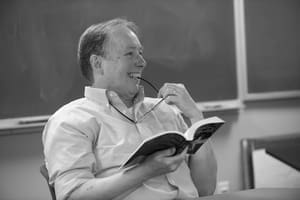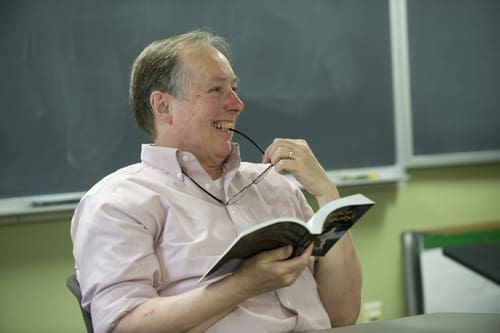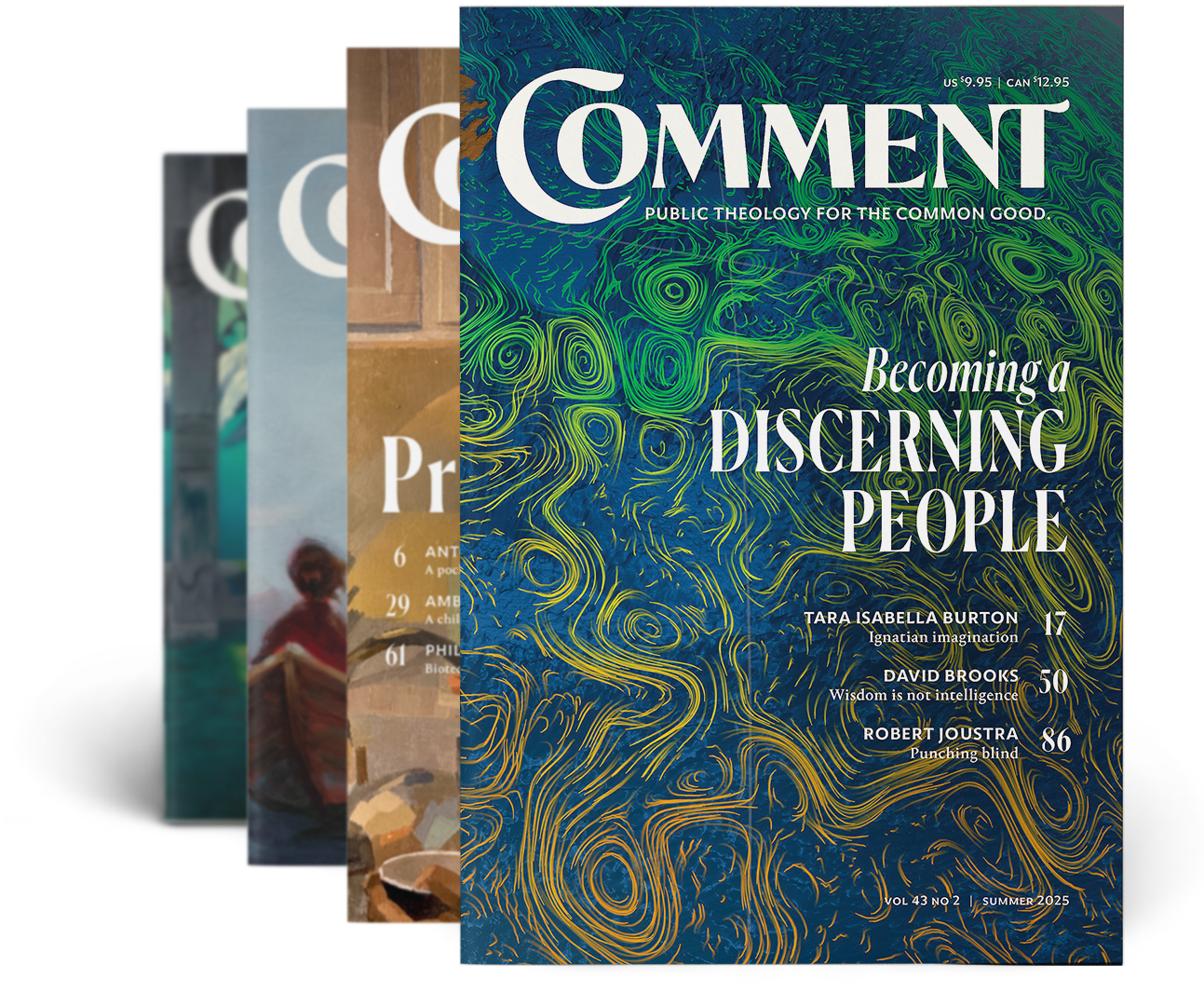This is thorny ground. Society needs to inculcate habits and attitudes that permit adults to live together. But for government to seek to shape the beliefs of young people threatens the fundamental right of free exercise of religion. The tasks of educational reform must start, then, with the process of educational disestablishment and real assistance to independent schools.
DIGITAL
$14
USD
Get unlimited online access.
- Early access to new issues
- Unlimited access to our entire archive
- Bookmark articles to your account
- Listen to select long-form articles
PRINT+DIGITAL
$24
USD
Get unlimited online access + 4 print issues per year.
- Receive our quarterly print magazine
- Early access to new issues
- Unlimited access to our entire archive
- Bookmark articles to your account
- Listen to select long-form articles
COMMENT PATRON
$500
USD/CAD
Support the people who make Comment possible.
- A full charitable tax receipt
- A complimentary Comment subscription
- Special updates from Anne Snyder
- Access to quarterly issue webinars
- Invitations to in-person Comment events
- Access to bonus podcast content
- Early access to new issues
- Unlimited access to our entire archive
- Listen to select long-form articles



